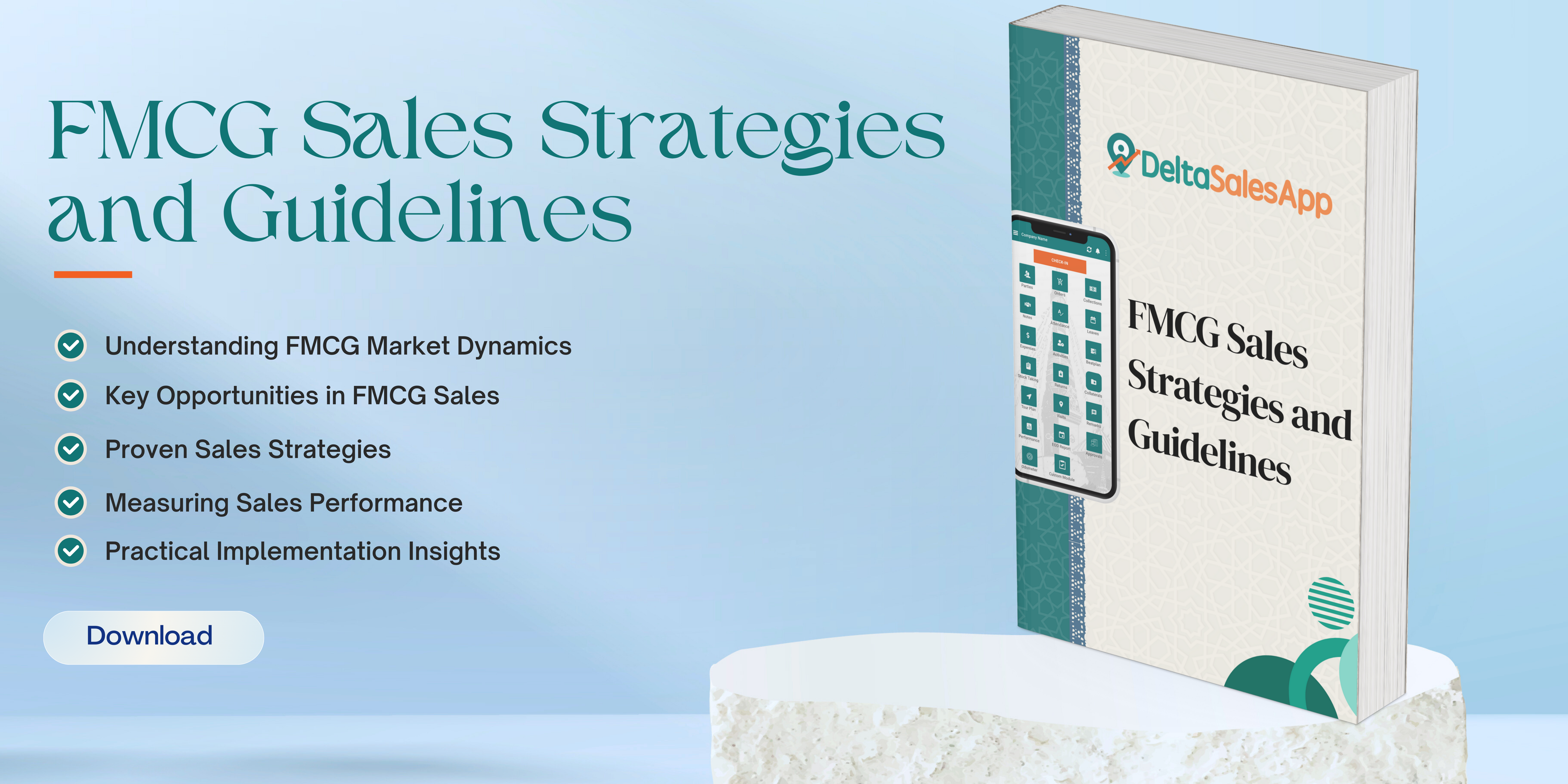Breakage
What is Breakage ?
Breakage is a term used across various industries to describe losses that occur when a product, service, or resource is not fully utilized. The concept applies to numerous fields, including finance, retail, telecommunications, and manufacturing. In general, breakage results in financial gains for businesses but can also indicate inefficiencies that need addressing.
Breakage in Different Industries
1. Retail and Consumer Goods
In retail, breakage refers to damaged goods that are unsellable due to mishandling, transportation issues, or poor storage conditions. Businesses often account for these losses in financial reports and may adopt measures such as improved packaging, better inventory management, and employee training to reduce breakage.
2. Finance and Gift Cards
In the financial sector, breakage is commonly associated with unused balances on prepaid gift cards, loyalty points, or rewards programs. Companies benefit from breakage when customers fail to redeem their credits, allowing businesses to record the unclaimed amounts as revenue. Some jurisdictions regulate the expiration of such balances to protect consumers.
3. Telecommunications
Mobile and internet service providers experience breakage when customers pay for services they do not fully use. For example, unused mobile data or talk-time in prepaid plans generates revenue for telecom companies without requiring additional service provision.
4. Hospitality and Travel
In hotels, airlines, and travel industries, breakage occurs when consumers fail to use booked services, such as non-refundable hotel stays or airline tickets. Companies often capitalize on overbooking strategies to mitigate losses, ensuring that they maximize their occupancy rates.
Economic and Business Implications
Revenue Recognition and Profitability
Breakage can contribute significantly to a company's profitability, especially in industries where unused services generate revenue without additional costs. Accounting principles require businesses to recognize breakage revenue in a systematic manner, ensuring transparency in financial reporting.
Consumer Impact and Ethical Considerations
From a consumer standpoint, breakage can be a disadvantage, leading to financial losses. Companies that rely too heavily on breakage revenue may face backlash if customers perceive their policies as unfair. Ethical concerns arise when businesses implement strategies that deliberately encourage breakage, such as complex redemption processes or short expiry periods.
Regulatory and Legal Aspects
Governments and consumer protection agencies regulate breakage-related policies to ensure fairness. For example, certain jurisdictions mandate that companies disclose expiration dates on gift cards or impose limits on non-refundable purchases. Companies must navigate these regulations carefully to avoid legal repercussions.
Strategies to Manage and Minimize Breakage
For Businesses
-
Optimized Inventory Management: Implementing robust inventory systems can reduce physical breakage in retail and manufacturing.
-
Customer Incentives: Encouraging customers to redeem loyalty points or use prepaid services through reminders and incentives can minimize financial breakage.
-
Fair Expiry Policies: Establishing reasonable expiration dates on gift cards and rewards prevents consumer dissatisfaction while maintaining revenue integrity.
-
Efficient Service Utilization: Designing flexible pricing models, such as rollover plans for telecom services, enhances customer satisfaction and reduces perceived unfairness.
For Consumers
-
Tracking Expiry Dates: Monitoring the validity of gift cards, loyalty points, and travel bookings prevents loss of value.
-
Maximizing Usage: Ensuring that prepaid services and subscriptions are fully utilized can minimize breakage-related losses.
-
Understanding Terms and Conditions: Reading the fine print on purchases and memberships helps consumers make informed decisions and avoid unnecessary breakage.
Conclusion
Breakage is an integral aspect of various industries, affecting both businesses and consumers. While companies often benefit financially from unutilized services or lost inventory, excessive reliance on breakage can raise ethical and regulatory concerns. A balanced approach—where businesses optimize their revenue strategies while ensuring fair practices for consumers—is essential for long-term sustainability and trust. Addressing breakage effectively requires transparency, strategic planning, and adherence to ethical and legal standards, fostering a more efficient and consumer-friendly marketplace.






